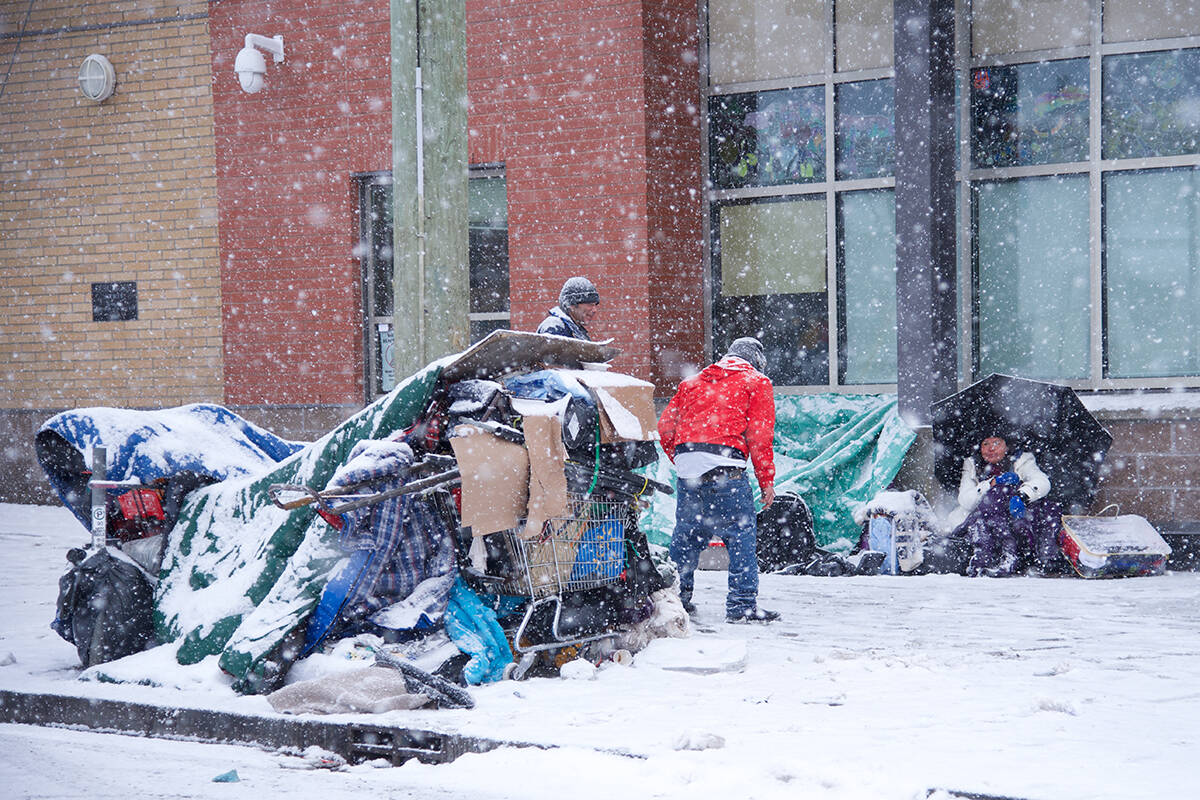
How the Absence of Adequate Housing Impacts Health, Safety, and Economic Stability for Those Experiencing Homelessness
Millions of people around the world are impacted by the growing problem of homelessness. The United Nations estimates that there are 150 million homeless people in the world, while the National Alliance to End Homelessness in the United States claims that more than 500,000 people are homeless on any given night. Although there are many factors that contribute to homelessness, one of the most urgent issues is the lack of shelter for those who are homeless. In this blog post, we'll look at the consequences of homelessness for those without shelter and explain why it's so important to address this problem.
Impact of Lack of Shelter
Exposure to the elements, which can result in hypothermia, frostbite, and other serious health problems, is the most obvious consequence of living without shelter. The risk of physical assault, sexual assault, and theft is higher for homeless people without access to shelter. Particularly vulnerable to abuse and exploitation, which can have long-lasting psychological and physical effects, are homeless women and children. Social isolation and a sense of hopelessness brought on by a lack of housing can exacerbate mental health conditions like depression, anxiety, and post-traumatic stress disorder.
Additionally, homelessness affects the economy. People who are homeless are more likely to have chronic health conditions, which can lead to more frequent trips to the ER and higher healthcare costs. In addition to restricting access to employment opportunities, homelessness makes it challenging for people to find steady work, which creates a cycle of poverty.
Taking on the Problem
It is critical to address this issue by giving homeless people access to adequate shelter. The problem can be solved in a number of ways, including by constructing more affordable housing, expanding access to emergency shelters, and funding housing programs. Access to crucial services like job training, addiction treatment, and mental health support can also aid in helping people get back on their feet.
Conclusion
The absence of shelter for the homeless has far-reaching effects on both the individuals and society at large. Providing adequate shelter is a crucial first step in addressing the complex issue of homelessness, which necessitates a multifaceted strategy. We can assist people in regaining their dignity and contribute to a healthier, more just society by uniting to address this issue.
Resources:
- United Nations. (2021)
- National Alliance to End Homelessness. (2021)
- National Coalition for the Homeless. (2021)
- National Health Care for the Homeless Council. (2021)